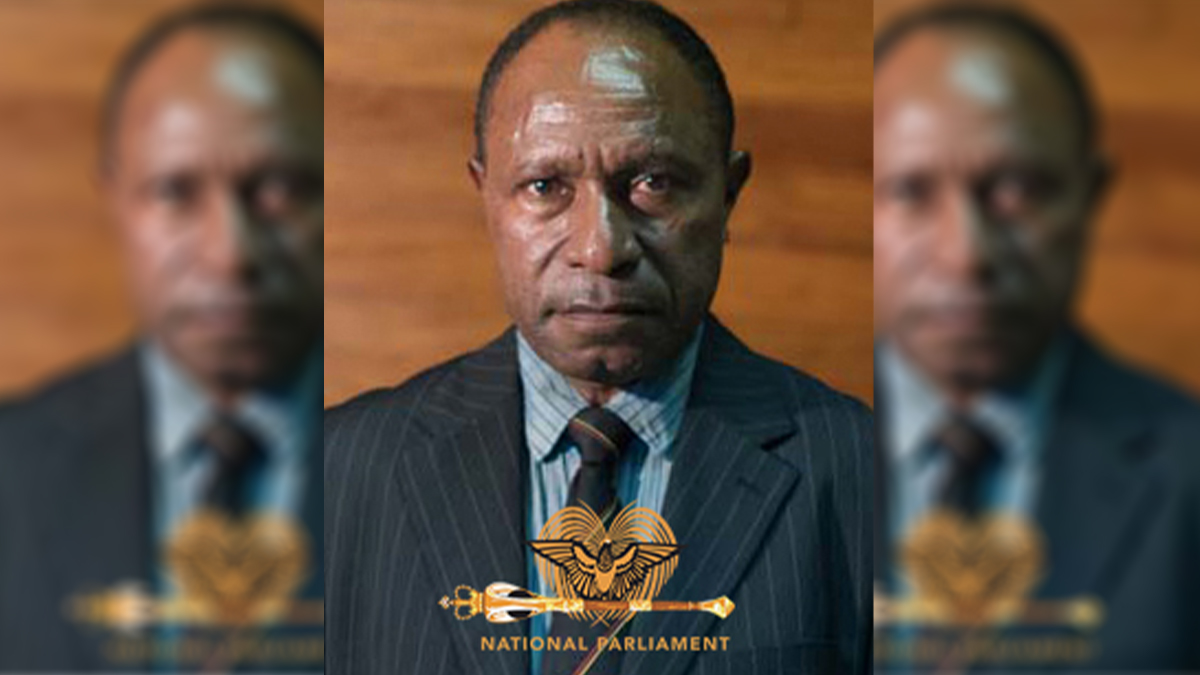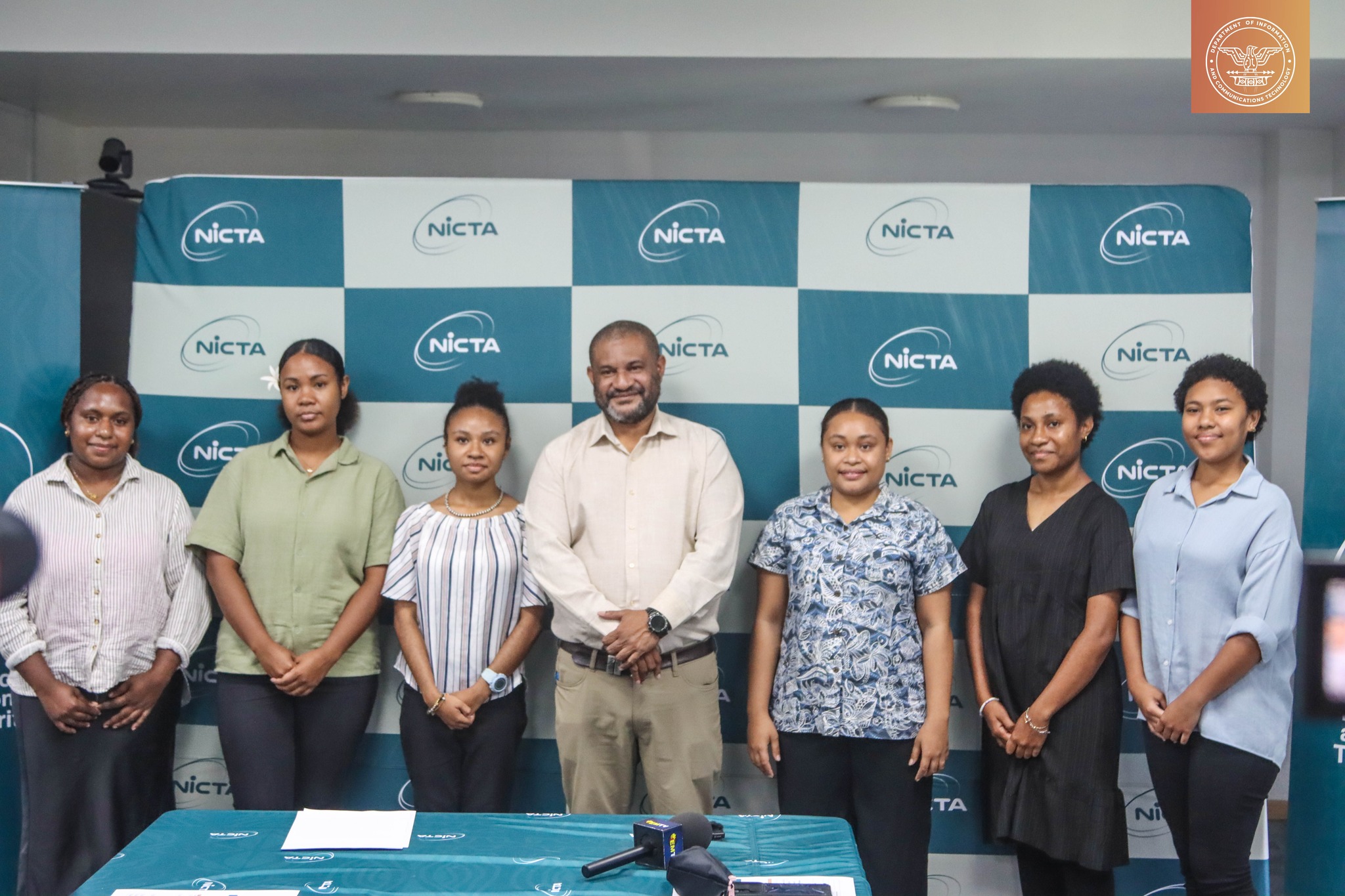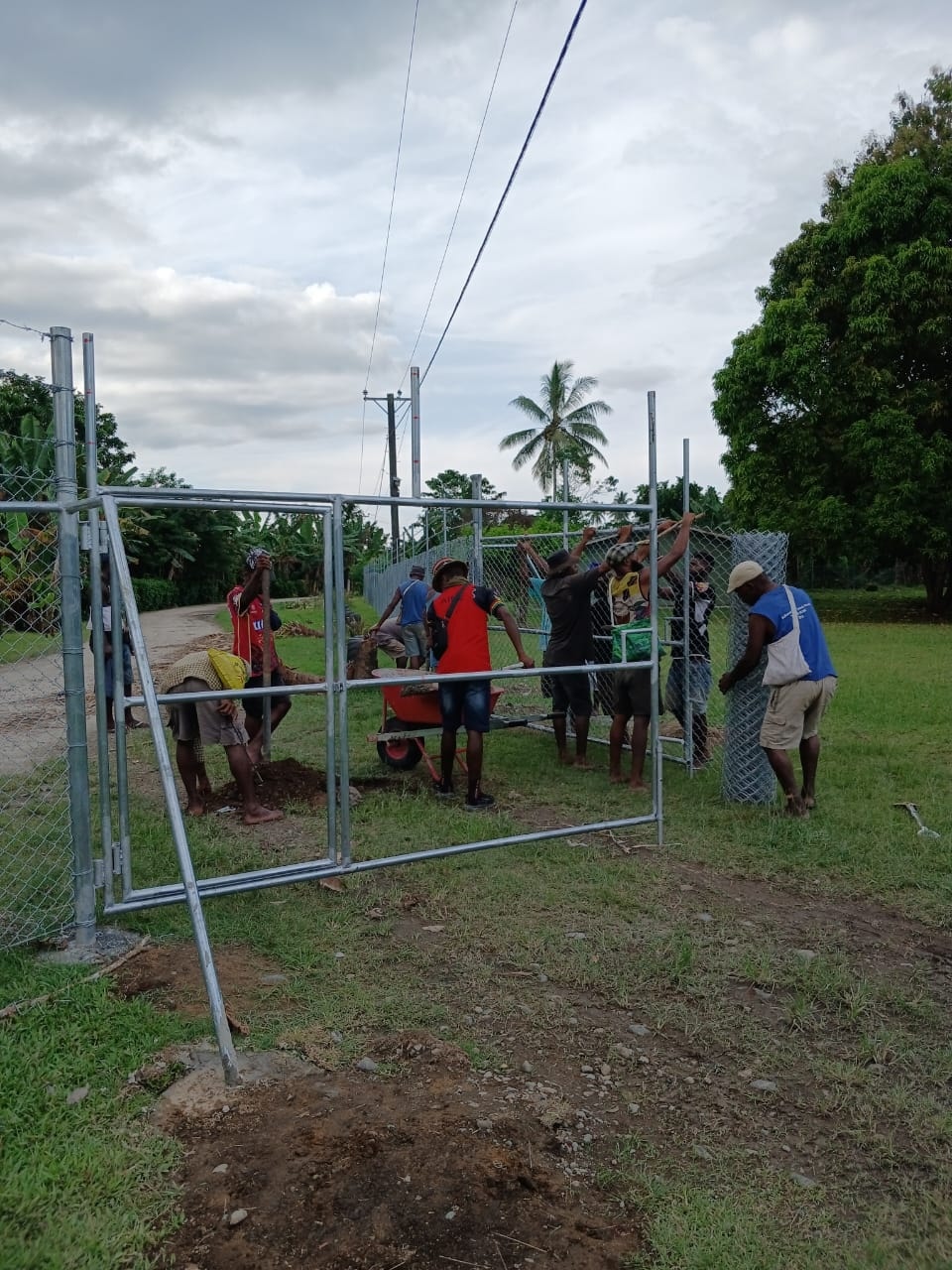NEWS
MOROBE PROVINCE SEEKS GOVERNMENT SUPPORT FOR ITS “TRIPLE 1 POLICY”
![]() By PNG Haus Bung |
May 12, 2021
By PNG Haus Bung |
May 12, 2021

Related News
LATEST NEWS




